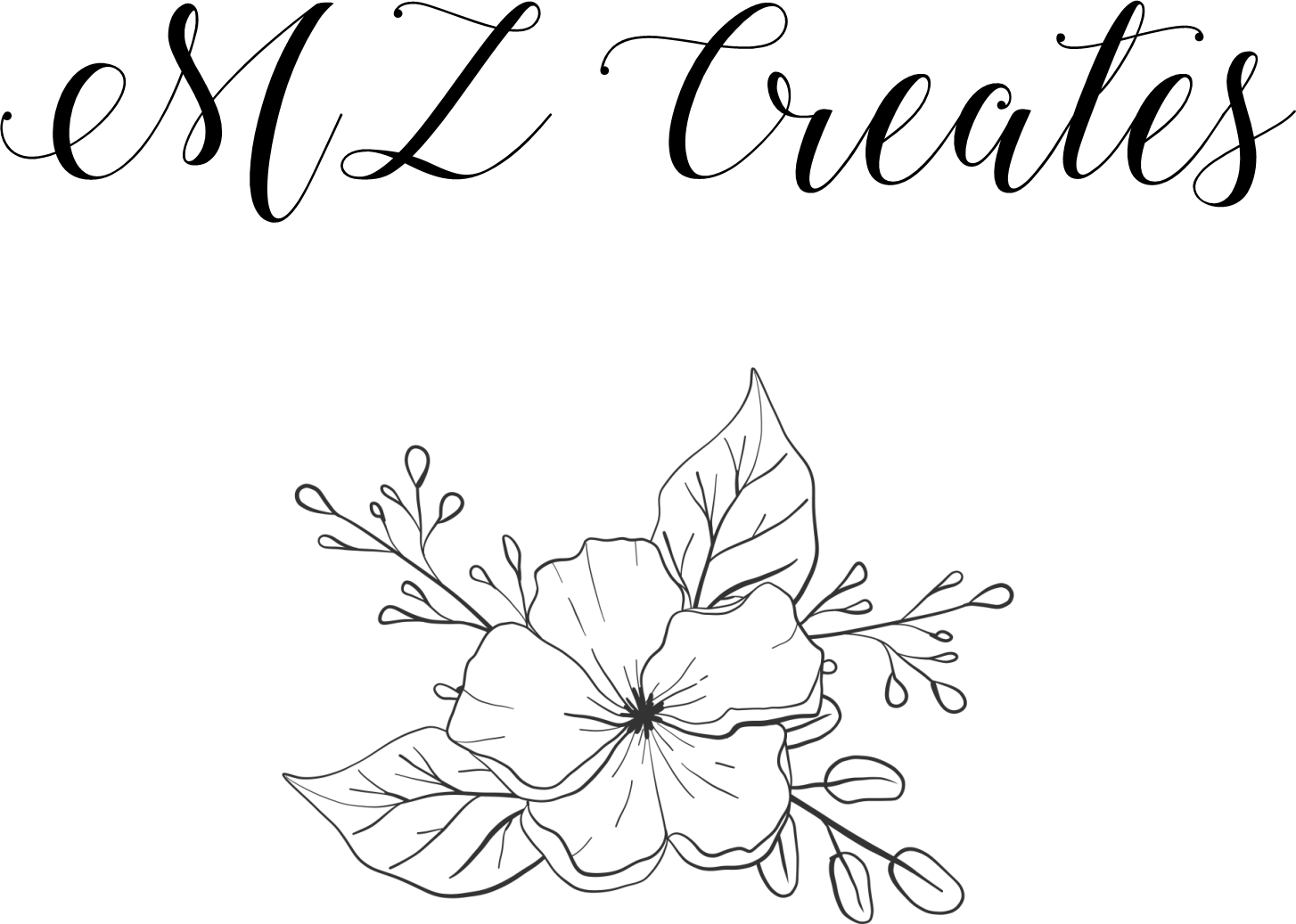Benefits of journaling
Journaling isn’t a new trend—it’s a timeless practice. People have kept journals for centuries, from Leonardo da Vinci to Anne Frank. But in today’s super distracted world, journaling is more relevant than ever. It’s a way to slow down, make sense of what’s going on in your head, and reconnect with what matters.
Whether you’re trying to manage stress, spark creativity, or just get your thoughts straight, journaling offers a simple but powerful tool: a blank page and a few minutes of honesty.
Why Journaling Works
1. It clears mental clutter.
Our minds are constantly processing thoughts, emotions, and information. Journaling gives those thoughts a place to land. Writing things down—fears, hopes, random worries—can help declutter your mind the same way tidying up your space helps clear your environment.
2. It helps you process emotions.
You don’t need to be going through a crisis to benefit from journaling, but if you are, it helps even more. Writing about what’s bothering you gives you distance from it. You can look at the problem, name the emotion, and gain some perspective. Often, what feels overwhelming in your head becomes more manageable on the page.
3. It builds self-awareness.
Journaling is like holding up a mirror to your inner life. Over time, patterns emerge. You start noticing triggers, habits, desires, and goals you may not have seen clearly before. That kind of awareness is the first step to meaningful change.
4. It supports mental health.
Study after study has shown that regular journaling can reduce symptoms of anxiety and depression. It’s not a cure-all, but it’s a helpful self-care tool. It’s also private and judgment-free.
5. It sparks creativity.
Journaling helps quiet your inner critic—the one that second-guesses everything you create. Freewriting or brainstorming in a journal is a great way to bypass self-doubt and let ideas flow without pressure.
6. It tracks your growth.
Looking back on old entries can be eye-opening. You see how far you’ve come, how your mindset has shifted, and how your goals have evolved. It’s proof of progress, even if you didn’t notice it happening in real-time.
Sometimes when I read my older entries, I feel like giving myself a pat on the back and this is super helpful because I tend to be very hard on myself. It really helps to look back and see the road I’ve travelled and the obstacles I’ve overcome.
How to Start (Without Overthinking It)
You don’t need fancy notebooks or a “perfect” routine. You just need to start. Here’s how:
Pick a time of day that works for you. Morning and night are common, but anytime you can sit down for 5–10 minutes works.
Don’t worry about grammar or style. This isn’t for anyone else. Write like no one’s reading.
Be honest. The more real you are, the more helpful it becomes.
Start small. Even one sentence a day is better than nothing. Some days, that’s all you’ll have in you—and that’s fine.
Make it Pretty – If it helps you, feel free to doodle, tangle, put stickers on your spreads or do anything else that sparks your creativity. I cover my journaling spreads with stickers, a lifelong love, and something that makes me super happy.
If you’re stuck staring at a blank page, prompts can help get things flowing.
6 Easy Journal Prompts for Beginners
These prompts are simple but effective. Don’t worry about answering them “right.” Just start writing and see where it goes.
1. “Right now, I feel…”
This is a good go-to anytime. It helps you check in with yourself emotionally. You might start with a single word and then explore why you feel that way.
2. “What’s something I’m avoiding, and why?”
This prompt gets under the surface. Whether it’s a task, a conversation, or a feeling, exploring avoidance can reveal what’s really going on.
3. “What would I do if I wasn’t afraid?”
Fear holds us back more than we realize. This question opens up possibility. It invites you to imagine life with fewer limits—and sometimes that’s the push you need.
4. “What am I grateful for today?”
Gratitude journaling is well-known for boosting mood and perspective. It doesn’t have to be big—hot coffee, a good song, a kind word all count.
5. “What do I need more of in my life?”
This helps identify what’s missing—whether it’s rest, connection, fun, or focus. Naming it is the first step to making space for it.
6. “What’s taking up too much of my mental energy?”
This is about recognizing what’s draining you—maybe it's worry, overthinking, or something more concrete. Putting it into words can reduce its power.
Journaling doesn’t solve all your problems, but it gives you a place to start facing them. It doesn’t require answers—it’s about showing up and writing your way into clarity. The page doesn’t judge. It doesn’t interrupt. It just waits.
So if life feels messy, loud, or overwhelming—grab a pen. You don’t have to write beautifully. You just have to write truthfully. And with time, those pages might surprise you.



